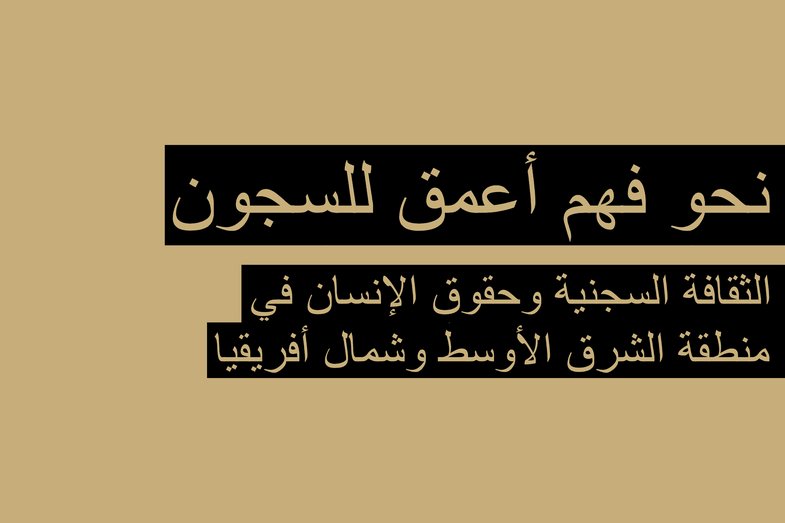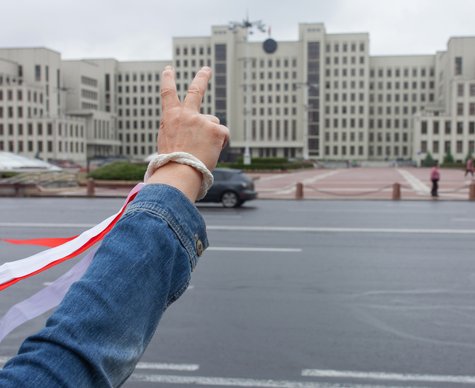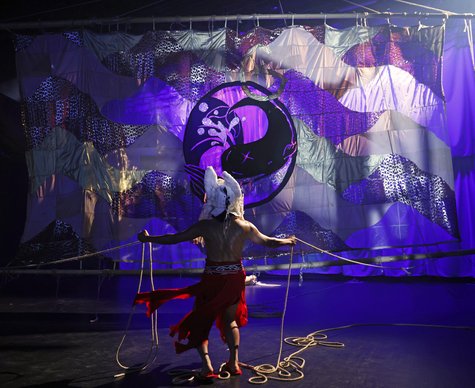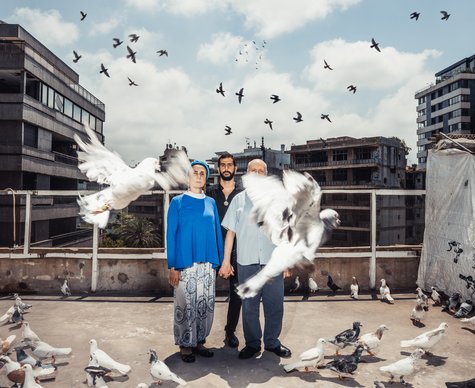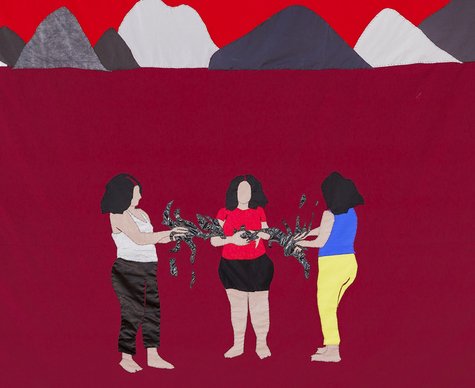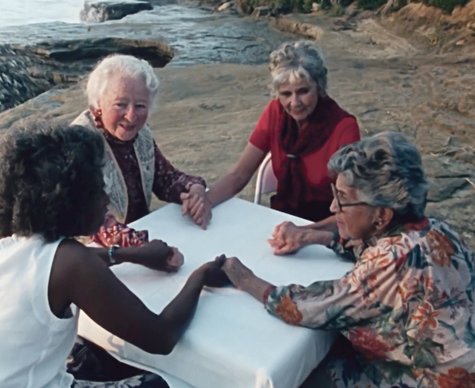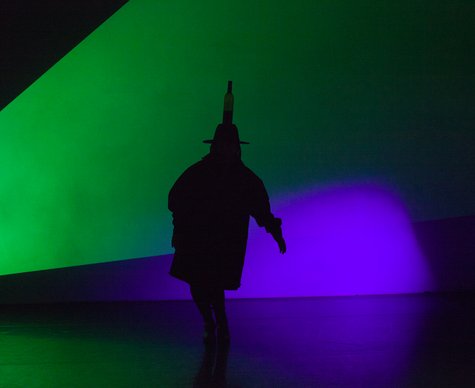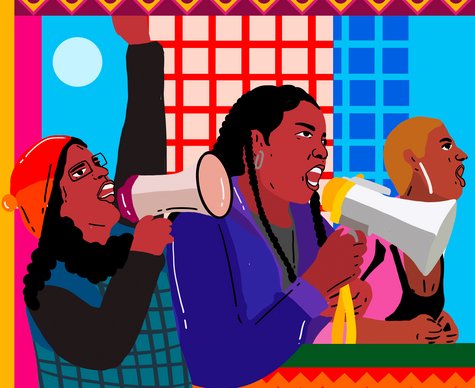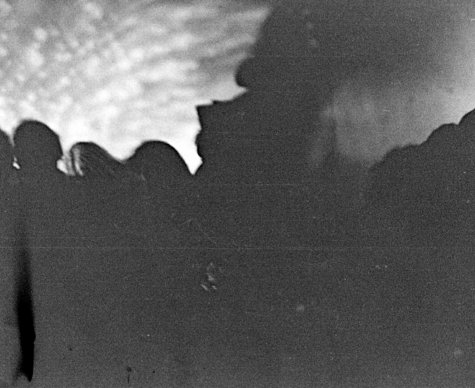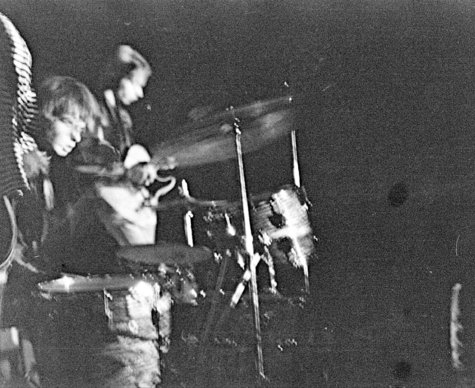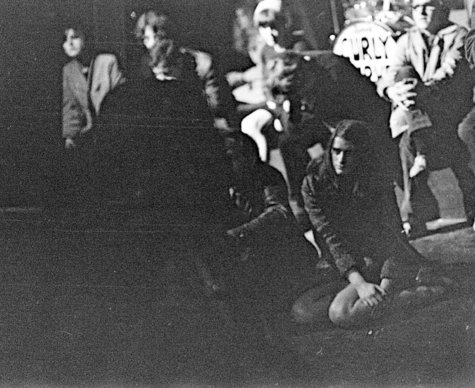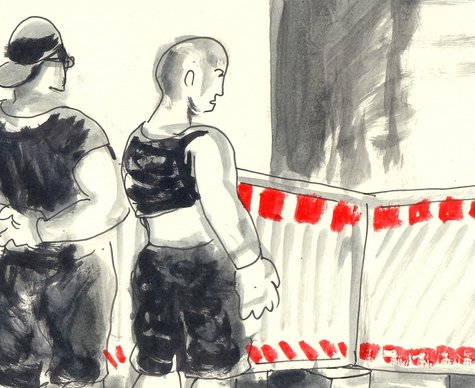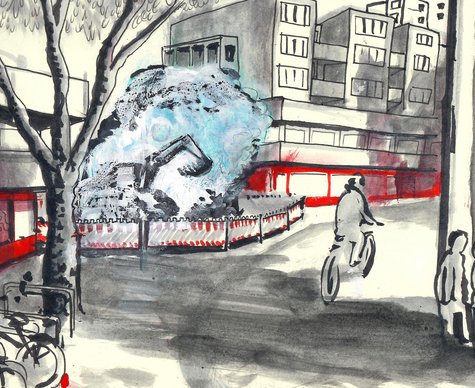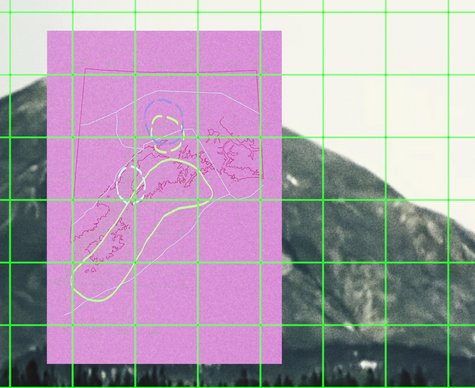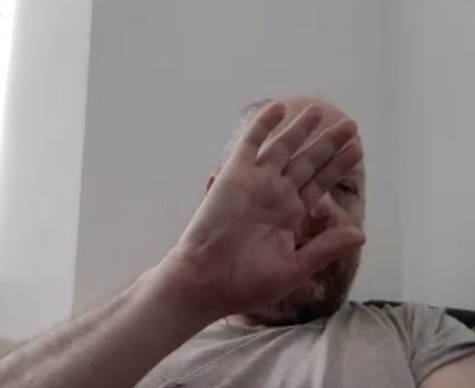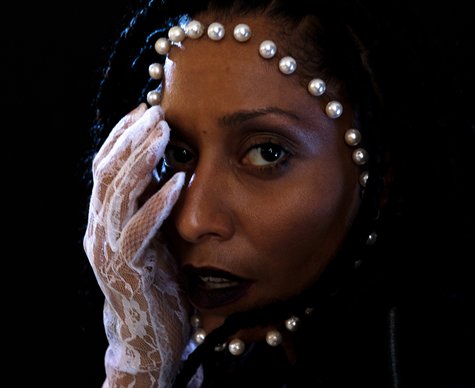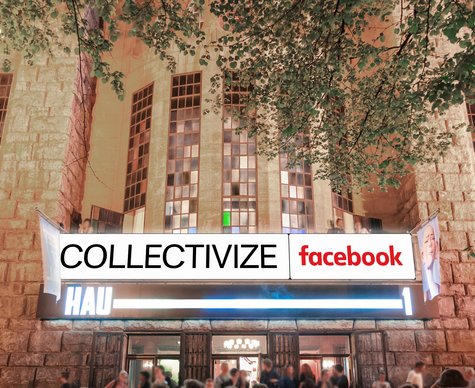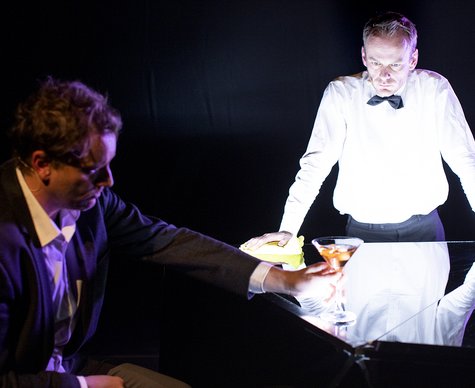POSTPONED: Understanding Prison
Carceral Culture and Human Rights in the MENA Region – Day 3
Part of “Understanding Prison”
- Dialogue
- Film
- Music
- Workshop
Unfortunately, the three-day event “Understanding Prison: Carceral Culture and Human Rights in the MENA Region” cannot take place as planned. HAU supports this difficult decision of the organizers Mena Prison Forum und UMAM Documentation and Research, who justify the postponement as follows:
“Due to the situation in Gaza, the instability and threat of violence looming over Lebanon, and the highly emotional and charged environment both regionally and globally, we have made the difficult decision to postpone the upcoming event ‘Understanding Prison: Carceral Culture and Human Rights in the MENA Region.’
We did not make this decision lightly. It was made with careful consideration of the time and energy needed from the Mena Prison Forum and UMAM D&R team, and from our partners and participants, to engage in this event. We do not believe that the regional and global dynamics allow, at this moment, for the open, interdisciplinary, and critical discussion of human rights, justice and accountability, and prisons and carcerality that we hoped for. We hope to be able to discuss these issues at a better moment and to reconceive the event to appropriately address these topics in light of the ongoing developments.”
Together we are planning to postpone this project, which is also important for us, until next year.
---
Since prisons in the MENA region and the incarceration of the European border regime are entangled, this evening’ s discussion will address the continuities and discontinuities between European and MENA prison systems. Mithat Sancar (Ex-HDP-Chair), Franziska Grillmeier (journalist), Mina Khani (publicist & artist) and Mario Neumann (medico international) will tackle the political responsibility of Europe and its politics of imprisonment.
Programme
13:30–15:00
Workshop 3 – Part 1: How Can We ‘Know’ Prisons?
Beginning with brief presentations by each of the facilitators, the first part of this workshop will explore the wide range of ways prisons can be scrutinised and understood from the outside and inside through monitoring, research, popular culture and personal experience. Facilitators will draw on their wealth of knowledge working on prison issues around the world including in Africa, the Middle East, and Southeast Asia. We will discuss the benefits of adopting a pluralistic approach to understanding and critiquing prisons, asking questions such as: How close do we need to be to prisons to understand what goes on? Whose voices should be favoured? How do our conceptions of prisons affect our ability to interrogate their effects? What are the most effective ways to tell and represent experiences of incarceration?
In cooperation with the Danish Institute Against Torture (DIGNITY)
Moderation: Andrew Jefferson, Tomas Max Martin, and Kalia Kambanella (DIGNITY); Ali Abou Dehen (Association of Lebanese Political Prisoners in Syrian Prisons); Mina Ibrahim (MPF)
15:00–15:30
Break
15:30–17:00
Workshop 3 – Part 2: How Can ‘Knowing’ Prisons be Transformative?
In the second part of the workshop, we will adopt a participatory format and invite input from different countries – especially from people who have been imprisoned – to discuss journeys into and out of victimhood and towards resistance. With reference to people’s personal experiences, we aim to explore the degree to which imprisonment is an incinerator or incubator of political hope and action. H ow can the harms of imprisonment be addressed through collective action as well as artistic expression? In cooperation with the Danish Institute Against Torture (DIGNITY)
Moderation: Andrew Jefferson, Tomas Max Martin, Kalia Kambanella (DIGNITY); Ali Abou Dehen (Association of Lebanese Political Prisoners in Syrian Prisons); Mina Ibrahim (MPF)
17:00–18:00
Break
18:00–19:30
Panel 3: Global Prison. How Incarceration Shapes the World
How do prisons shape politics, understandings of resistance, and human rights debates on a global scale? This panel zooms out of the MENA region and discusses the culture of incarceration in the West, especially in Europe, with a special focus on migration: namely, in refugee camps and unofficial detention centers that often detain people fleeing torture and human rights violations in their home countries. This discussion will connect the dots between carceral culture in the MENA region and it’s racist and colonial history in the West. How have Western societies been shaped by prisons and incarceration, especially in the case of the imprisonment of migrants? How can we compare and contrast prison systems in MENA and Europe? And last but not least: How can Europe’s political responsibility be defined and addressed?
With: Mithat Sancar (former chair of HDP), Franziska Grillmeier (journalist), Mina Khani
19:30–20:00
Break
20:00–21:30
Film screening
Dates
Credits
A cooperation by MENA Prison Forum, medico international and HAU Hebbel am Ufer. Supported by: European Center for Constitutional and Human Rights (ECCHR), Open Society Foundation, Heinrich-Böll-Stiftung, Danish Institute Against Torture (DIGNITY).
Location
HAU2
Hallesches Ufer 34, 10963 BerlinThere are two marked parking spots in front of the building. Barrier-free restroom facilities are available. Four relaxed seats are available in the first row of HAU2. Tickets for wheelchair users and accompanying persons can also be booked via the ticketing system. If you need help, please contact our Ticketing & Service team at +49 (0)30 259004-27 or send us an email to
tickets@hebbel-am-ufer.de.
Travelling to HAU2 via U Hallesches Tor:
If you are coming from Hallesches Tor underground station, you will have to use an alternative footpath from Wilhelmstraße / Hallesches Ufer junction, which is separated from the carriageway by a construction fence – the actual footpath is currently closed. Please note: the alternative route is also used by cyclists. Pedestrians should keep to the right. We therefore currently recommend that visually impaired or blind visitors come to the HAU with an accompanying person.
Arrival HAU2 via U Möckernbrücke:
When you leave Möckernbrücke underground station, please stay on the footpath on the canal side until you reach Hallesches Ufer / Großbeerenstraße junction – the opposite side is currently closed due to construction work.
